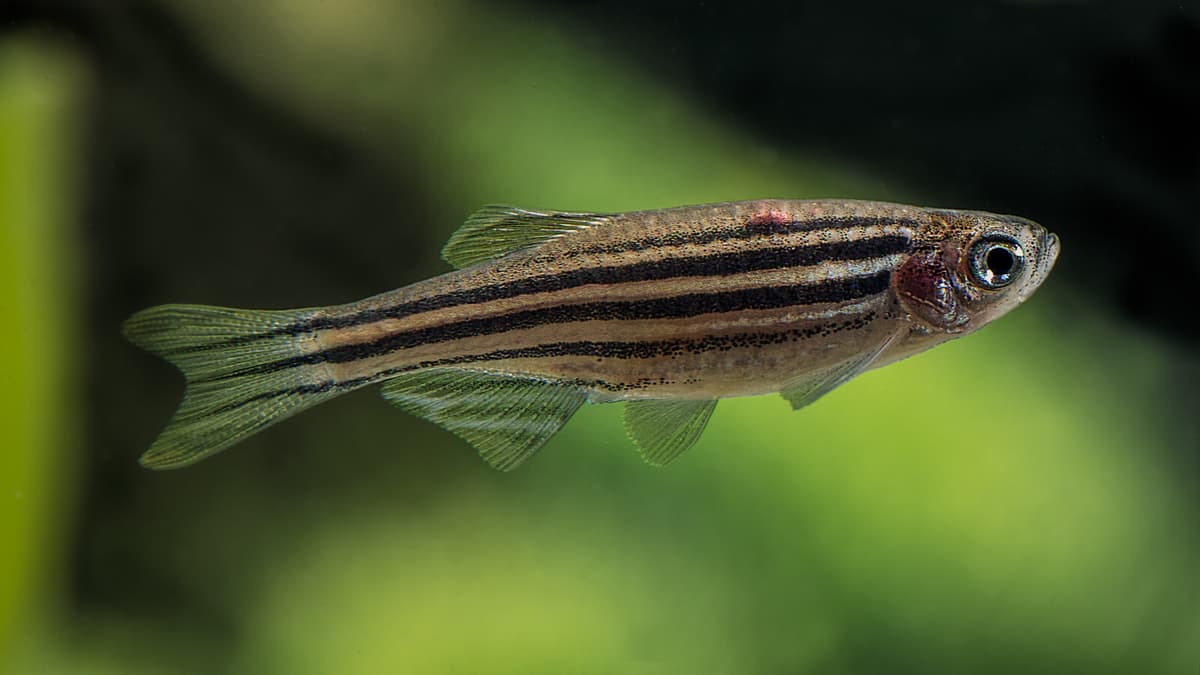Since fish body temperature is controlled by the water temperature, they are affected by global warming. To find out how, researchers at, among others, the University of Gothenburg have studied zebrafish in an aquarium over seven generations.
They let the fish that best coped with warmer temperatures. In this way, they produced zebrafish that had increasingly better heat tolerance. They then investigated how well they grew and reproduced in increasingly warmer temperatures. Fortunately, the fish continued to grow and reproduce as before, according to the results published in Nature Climat Change.
Coped with cold as well
Moreover, it turned out that fish bred to cope with warmer temperatures were also more tolerant of colder temperatures.
We thought that those who coped well with warm water would cope poorly with cold water, but it was the opposite. We saw a higher tolerance to cold in the zebrafish, which was surprising, says Fredrik Jutfelt, professor of zoophysiology at the University of Gothenburg and one of the researchers behind the study.
Will not make it
Since a zebrafish becomes sexually mature after one year, generations shift quickly. But most fish species will not be able to evolve at the same rate as global warming. They will have to move or die out.
The zebrafish tolerated on average 0.04 degrees more heat per generation. But the warming is going faster than that in many places, says Fredrik Jutfelt.
Just like in humans, the fish's metabolism increases at higher temperatures, which means they need more oxygen. The researchers therefore assumed that the fish that coped with higher heat were better at taking up oxygen from the water. But even here, the researchers were surprised.
We did not see that oxygen is what makes the fish cope better with warming. It is important knowledge to better understand the effect on ectothermic animals, says Fredrik Jutfelt.






